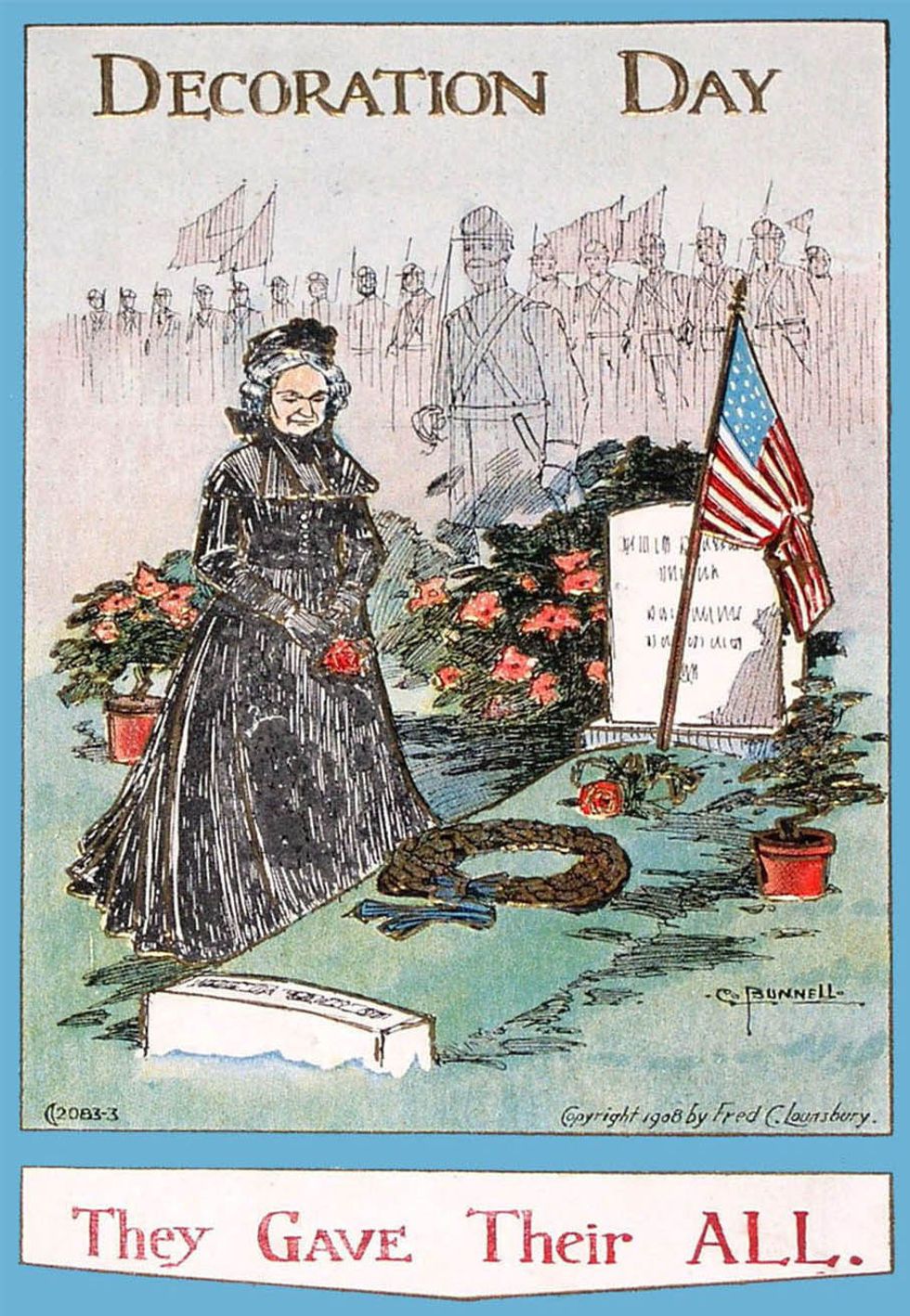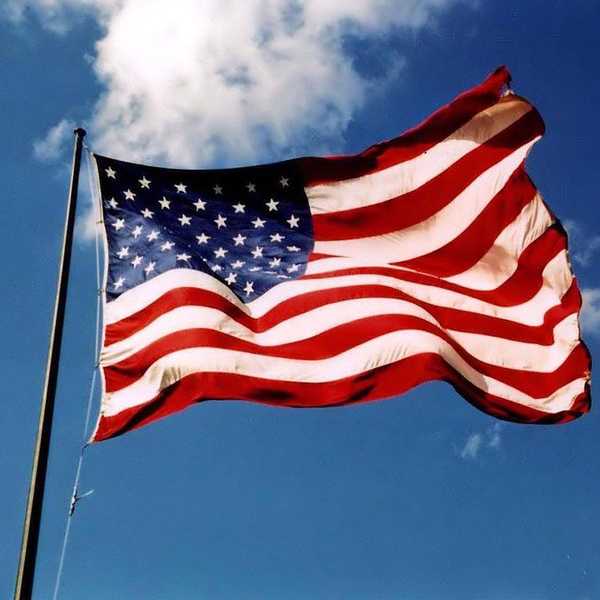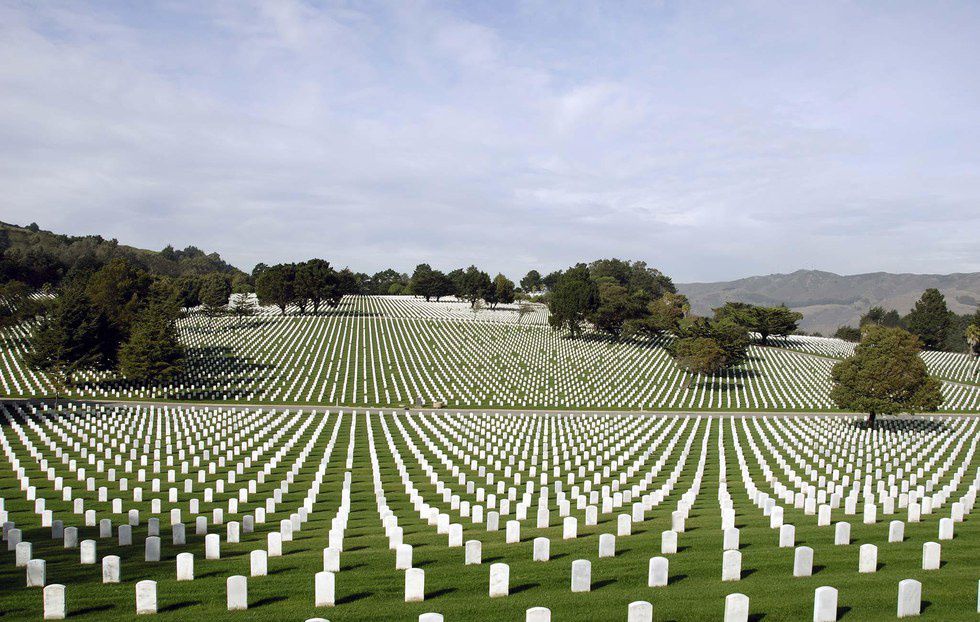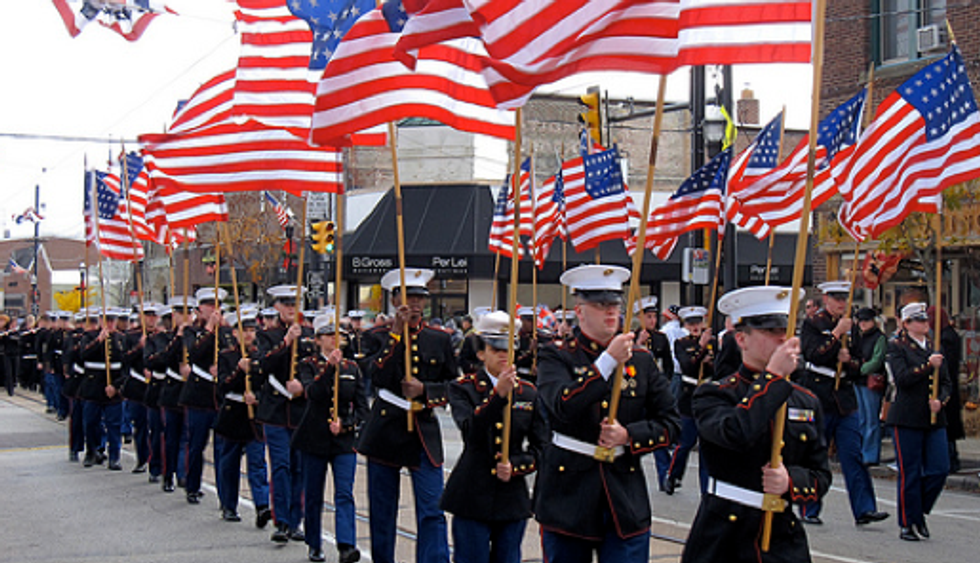If you’ve spent even five minutes with me, you’ll know that I love history. I know an obnoxious amount of historical trivia (fun fact: Thomas Jefferson and John Adams (friends and political enemies) died on the same day, and Adams’ last words were: “Thomas Jefferson still survives,” except Jefferson had already died a few hours before), which means that I can incorporate it into just about any conversation. (To those who would say history is a stupid obsession, I refute you with this: at least it’s not drugs.) To sate my need to be nerdy for a few minutes, let’s talk about the history of Memorial Day!
To begin, Memorial Day doesn’t fall on the same day every year, which is why it always comes as a surprise to me. It’s the last Monday in May, like Thanksgiving is the fourth Thursday in November. The holiday honors men and women who have died while serving the United States military, which includes the Army, Marine Corps (pronounced ‘core’), Navy, Air Force, and Coast Guard. At 3pm according to your local time zone, there is a national moment of remembrance (set your iPhone reminders!).
A holiday by any other name would still be as celebrated; when a day for appreciating fallen soldiers was established after the American Civil War, it was called Decoration Day. It wasn’t a federal holiday (established by law, certain businesses are closed) until 1971. Unofficially, Memorial/Decoration Day marks the beginning of summer.
The Civil War, fought between 1861 and 1865 to determine the survival of the United States, claimed more American lives than any other US conflict — 750,000, to be precise. Needing places to respectfully bury the dead, national cemeteries popped up all over the country.
Before the end of the decade, Americans were independently holding annual memorial services in which they decorated the national cemeteries with flowers. To coincide with the end of the war and when flowers bloomed, these events were held in the spring. Waterloo, New York, was credited with being the official birthplace of remembrance activities, with their first ceremony being held on the one-year anniversary of the war’s end: May 5th, 1866. Businesses were closed and residents decorated soldiers’ graves with flowers and flags.
In early May, 1868, General John A. Logan decided that this should be an official American tradition, and, as the leader of a group of Northern Civil War veterans, he called for May 30th, 1868 to be dedicated to the laying of flowers or otherwise decorating the graves of soldiers who laid in almost every churchyard and national cemetery in America. Calling it ‘Decoration Day’, he chose the date to specifically not be on the anniversary of any particular battle, in order for it to be recognized equally in the North and South.
When May 30th came, General James Garfield, who was to become the President of the United States 13 years later, made a speech at Arlington National Cemetery in Virginia in front of 5,000 people, and decorated the graves of 20,000 Union and Confederate soldiers.

Over the years, as a variety of activities emerged in which one could pay homage to fallen Unionists and Confederates beyond the decoration of gravestones, ‘Decoration Day’ turned into ‘Memorial Day’. During World War I, the holiday evolved again to include any fallen American soldier, regardless of when they died.
What never changed was the date: May 30th. At least until 1968, when Congress passed the Uniform Monday Holiday Act (which went into effect in 1971) to put Memorial Day as the last Monday of the month, thereby creating a three-day-weekend for federal employees. At this time, it also became a federal holiday.
Now, in cities all across America, North and South, remembrance ceremonies are held on the last Monday in May. At 3pm, there is a moment of silence to remember, appreciate, thank, or otherwise think of those who have died protecting the United States. Often, cities will have parades, the largest being in Chicago, New York City, and Washington DC, and try to incorporate veterans and military personnel in some capacity.
On their own, families will host barbecues and visit cemeteries to decorate the graves of their relatives who have died in battle, probably not even realizing how the latter hearkens back to the times of Decoration Day.
Regardless of how you acknowledge Memorial Day, celebrate safely and be sure to remember the sacrifices people, and especially their families, have made to make the last Monday of May so special.























